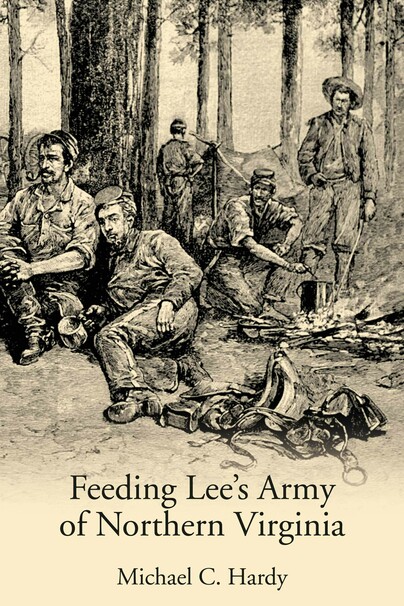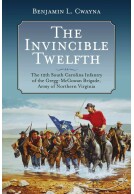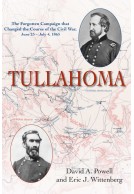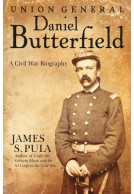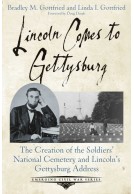Feeding Lee’s Army of Northern Virginia (Hardback)
You'll be £19.99 closer to your next £10.00 credit when you purchase Feeding Lee’s Army of Northern Virginia. What's this?
+£4.99 UK Delivery or free UK delivery if order is over £40
(click here for international delivery rates)
Order within the next 5 hours, 39 minutes to get your order processed the next working day!
Need a currency converter? Check XE.com for live rates
(click here for international delivery rates)
Order within the next 5 hours, 39 minutes to get your order processed the next working day!
Need a currency converter? Check XE.com for live rates
Carlton McCarthy, a former artilleryman with the Richmond Howitzers, noted after the war that historians would only write about big battles and campaigns, not how the common soldier fried his bacon and baked his biscuits. McCarthy was correct. Save for a few small references in scattered books, no one has set out to document how an army was fed, or the daily eating habits of Confederate soldiers until Michael C. Hardy’s Feeding Lee’s Army of Northern Virginia.
Although seldom studied, food (or the lack thereof) and the logistics behind it played a critical role during the war, contributed mightily to the success and failure of campaigns, and impacted the overall outcome of the conflict. Understanding how soldiers fried their bacon and baked their biscuits, how they ate and, very often, went hungry, is a vital tool to understanding their individual experiences and the larger history of supply and logistics within the Confederate army.
Hardy bases his unique study on more than 300 sets of letters and diaries that closely examine the importance of sustenance in the day-to-day life of the soldiers in the Army of Northern Virginia. Various chapters examine food issued by the army, food sent from home, and food carried, collected, and eaten during campaigns. These accounts dispel many misconceptions and assumptions about food during the war and provide a rich and complex picture of the arduous journey various meats, grains, and other foodstuffs underwent to reach the hungry soldiers in the field.
In addition to the common soldier, Feeding Lee’s Army of Northern Virginia examines what the Confederate high command ate and also explores the relationship between hospitals and food, demonstrating the importance of proper nutrition in the recovery and care of the wounded. The vital role of camp servants is also studied, as is the critical connection between proper nutrition and morale. The voices of the men themselves provide a multi-faceted examination of this critical, but often overlooked, field of history.
Battles and campaigns would not have been possible without a proper diet and a functioning logistical system to support the men at the front. Feeding Lee’s Army of Northern Virginia offers invaluable insight into this overlooked and understudied topic that made it all possible.
Other titles in Savas Beatie...







